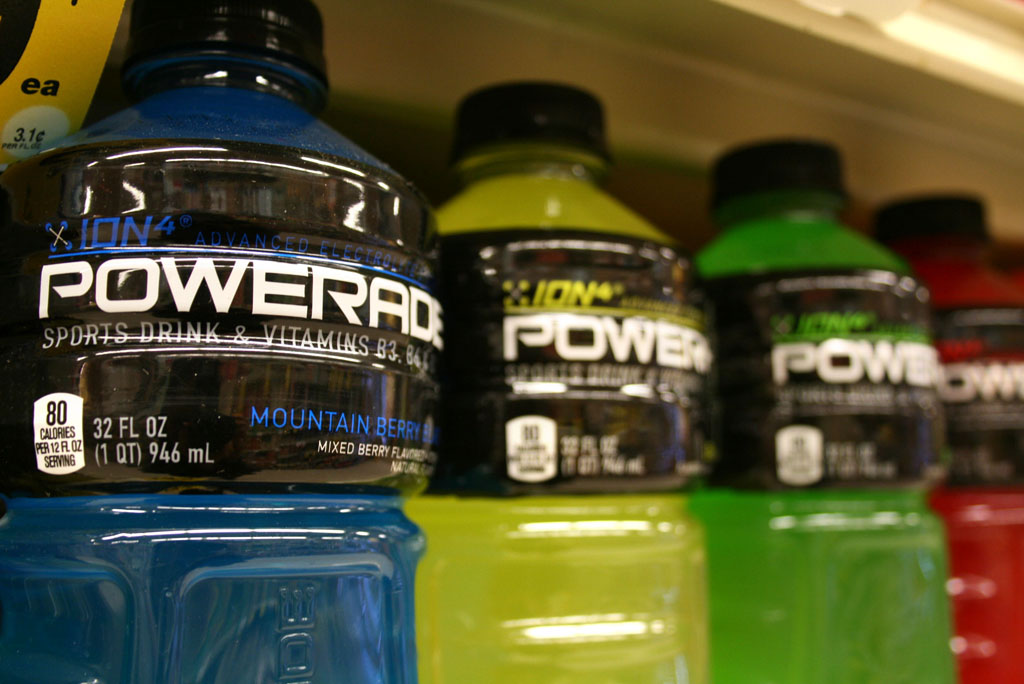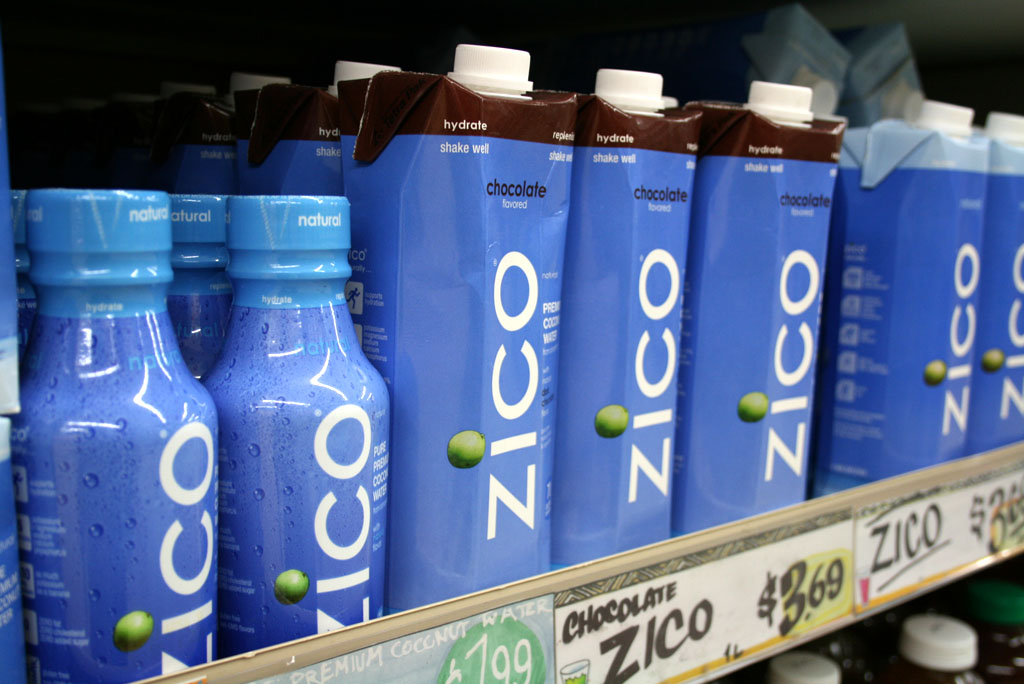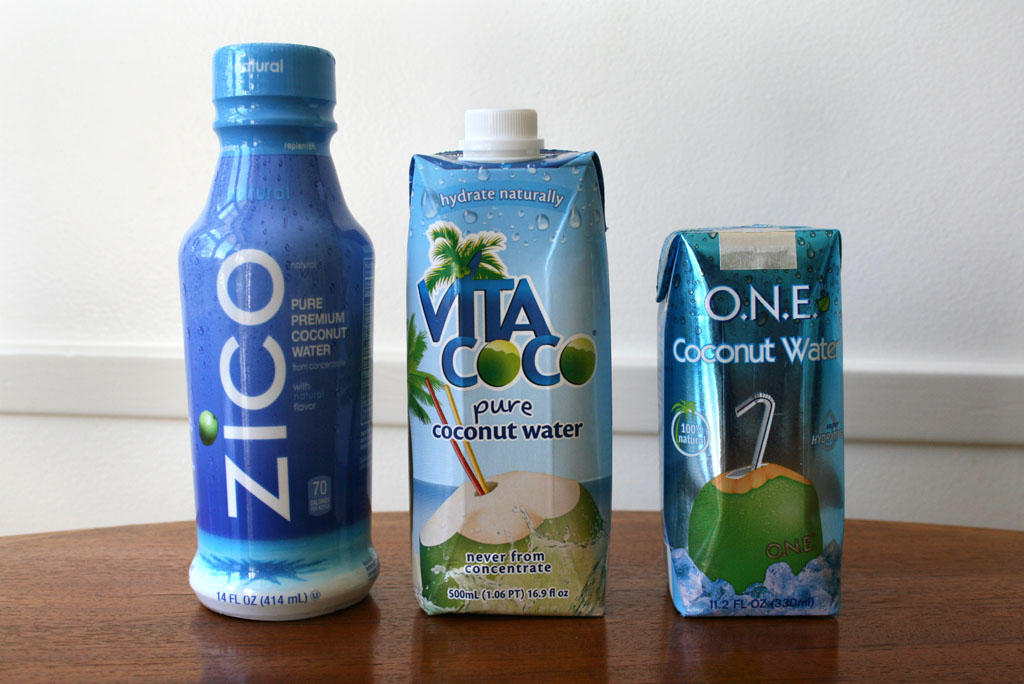Food trucks, gluten-free diets, cake balls, skinny vanilla lattes. Let’s face it: we’re obsessed with trends. But with food trends constantly changing it’s hard to tell what’s worth trying and what’s simply a fad. One drink that’s been on health junkies’ radars lately is coconut water. Based on its nutritional content, coconut water is most often talked about in the context of sports drinks. But what’s the truth behind this exotic beverage? Is this just another fad or should we grab a bottle next time we head to SPAC? Read on to find the answers.
What is it?
Found in young, green coconuts, coconut water is a clear, sweet and slightly nutty liquid. (Not to be confused with coconut milk, which is a creamy mixture made of coconut water and coconut meat).
Why it’s good for you
Coconut water’s strongest selling point is its exceptionally high levels of potassium. Potassium can be found in various fruits and vegetables, which most people, college students included, do not consume enough of. This electrolyte is necessary for proper hydration, and a typical serving of the tropical water offers 569 milligrams of potassium compared to the mere 52.5 milligrams found in Gatorade.
Other electrolytes found in the self-proclaimed “ultimate natural sports drink” can aid in proper muscle contraction and in generating energy in the body. Coconut water is also composed of many naturally occurring bioactive enzymes that may help in digestion and metabolism.
So, should you throw away your Powerade bottles?

Photo by Alex Tom
Maybe not. Some people may prefer the natural element of coconut water, as there are no added artificial flavors. That said, sports drinks offer greater amounts of sodium (compare 192.5 milligrams found in Gatorade to the 160 milligrams offered in coconut water), which is particularly important for replenishing after exercise.
Sweating results in higher rates of sodium loss than potassium loss, so the high potassium and low sodium composition of coconut water may not actually be ideal for a post-workout drink. In fact, most people don’t exercise heavily enough to a need a sports recovery drink at all. Water should be just fine for a routine SPAC workout.
Not all coconut water is made equal

Photo by Alex Tom
When shopping for coconut water it’s important to read the label. If you want a truly natural, clean experience make sure to choose the unflavored varieties. A 14-ounce bottle of plain Zico coconut water has 12 grams of sugar whereas the same serving of chocolate Zico has 18 grams of sugar. And although a cup of this trendy juice has only about 46 calories, if you’re trying to cut the calories, keep in mind that regular water has no calories at all.
The skinny
Coconut water proves a suitable all-natural sports drink alternative to the artificial Powerade – just as long as you aren’t training for the Chicago marathon. And while this refreshing, electrolyte-filled beverage is a great healthy option, avoid treating coconut “water” entirely as you would water. So, go ahead, kick back and pretend you’re on a tropical island as you take the first glorious sip, but remember, drink responsibly.
Brands to try:
Zico, Vita Coco, O.N.E. Coconut Water are all equally comparable brands available at Whole Foods.

Photo by Alex Tom

